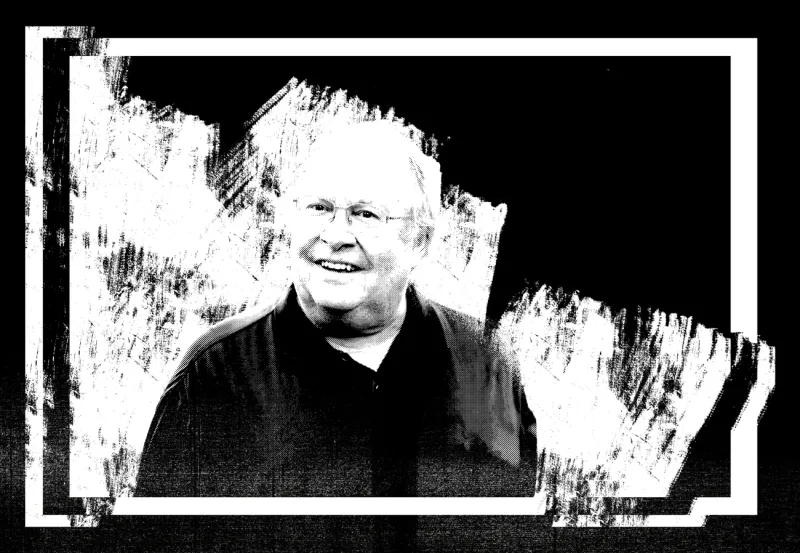Bill Miller in the Wilderness — and Loving It

Illustration by II
Once considered among the greatest living mutual fund managers of all time, Miller fell to Earth after the financial crisis. Now he’s managing a much smaller portfolio, on his own terms — and making money again.
Stephen Jay Gould
Miller Opportunity Trust
Bob Dylan
Bill Miller
Amazon

